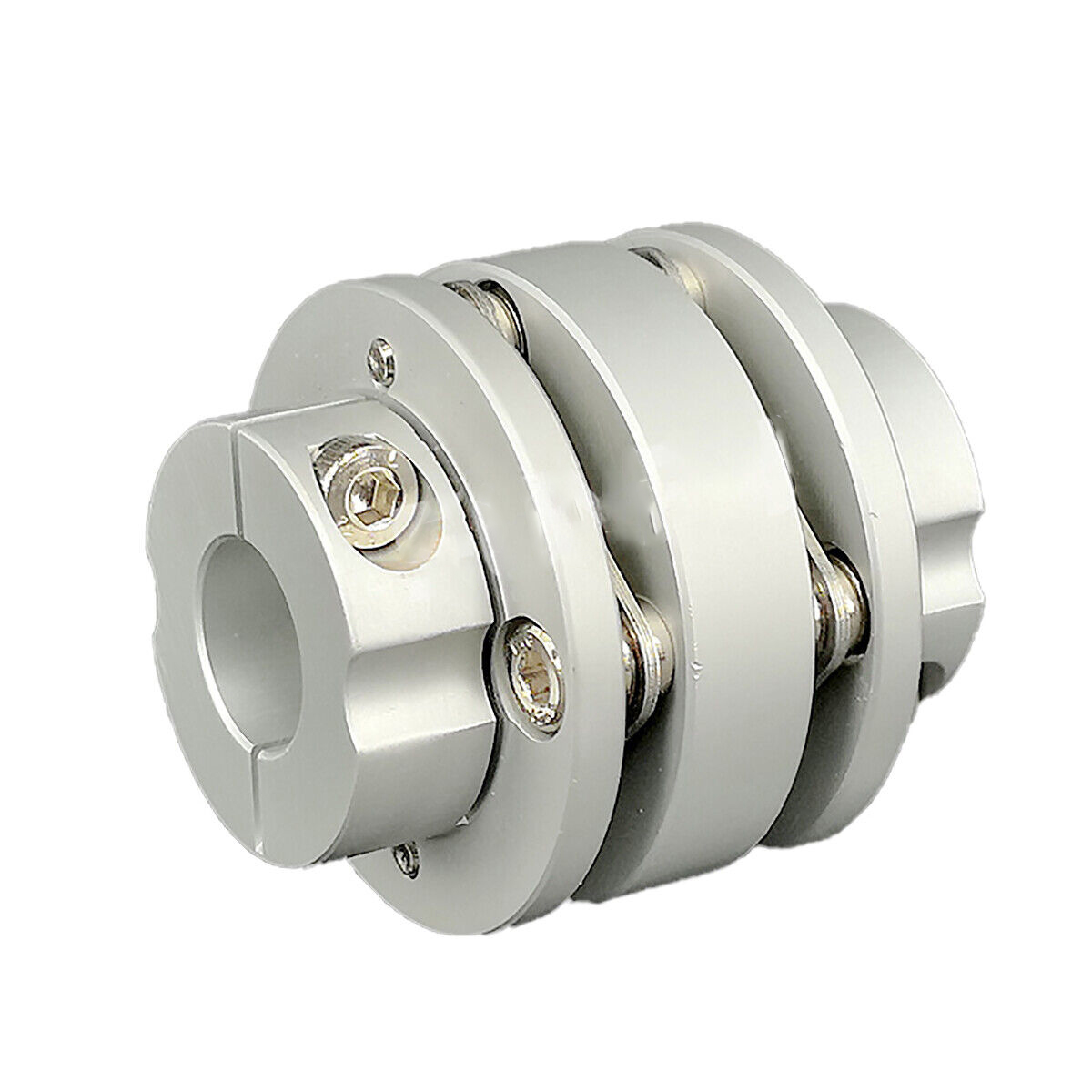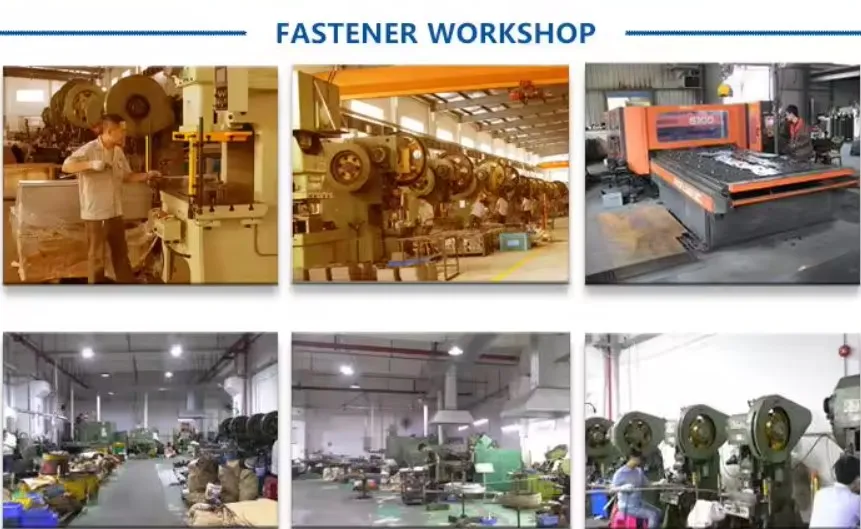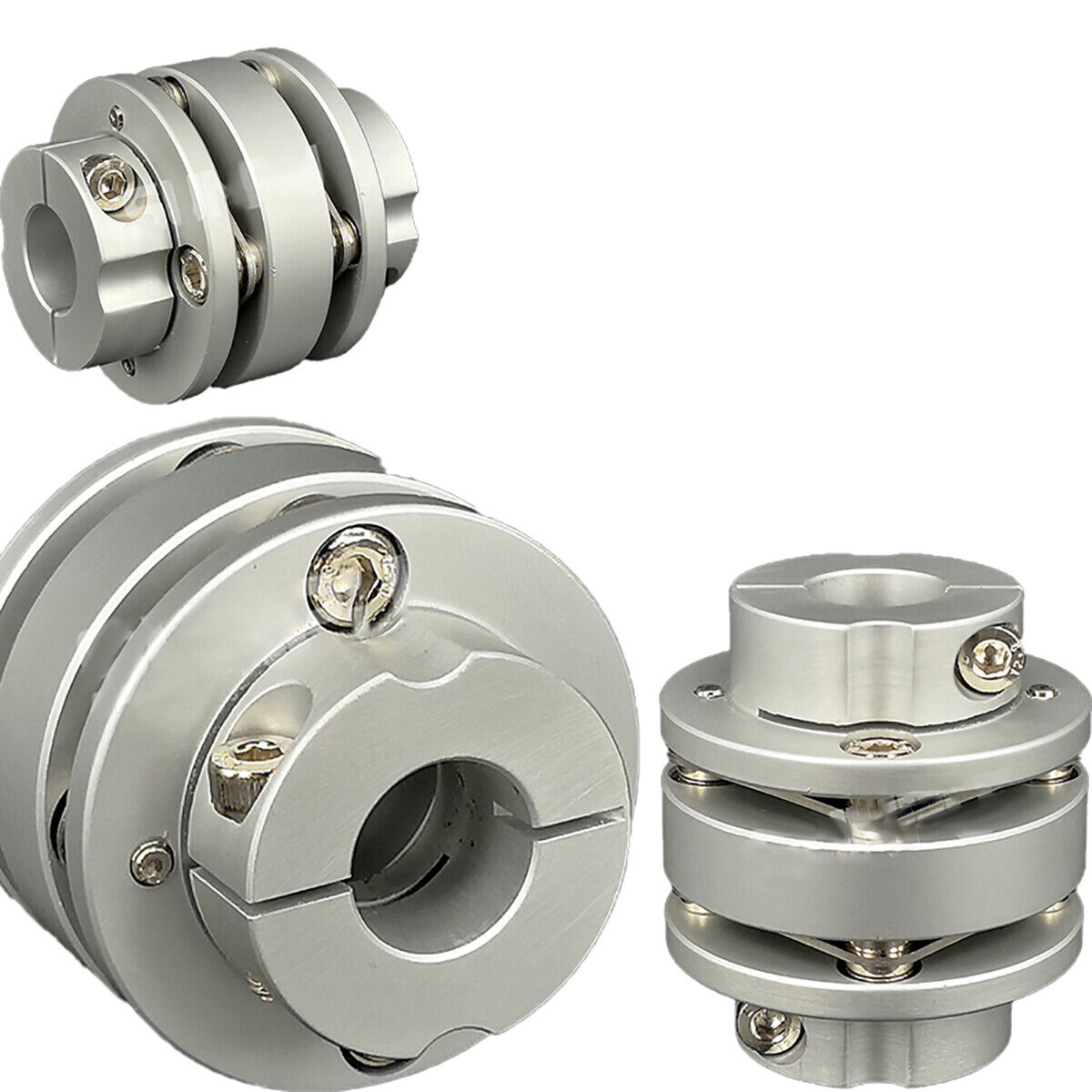Flexible Flange Coupling for Aerospace Applications
Introduction to Flexible Flange Couplings
Flexible flange couplings are integral components in aerospace engineering, designed to accommodate misalignment and reduce vibration. These couplings ensure the seamless transfer of torque between shafts, enhancing the efficiency and reliability of aerospace systems.
Importance in Aerospace Engineering
In the aerospace industry, precise and dependable coupling solutions are critical. Flexible flange couplings play a pivotal role in ensuring that various mechanical systems interact harmoniously, thereby maintaining the integrity and performance of aircraft and spacecraft.
Design and Material Considerations
The design of flexible flange couplings involves meticulous attention to material selection and manufacturing processes. Aerospace-grade materials such as titanium and high-strength alloys are commonly used to withstand extreme conditions and rigorous demands.
Performance Under Extreme Conditions
Aerospace applications often involve extreme temperatures, pressures, and forces. Flexible flange couplings are engineered to maintain their performance and structural integrity under such harsh conditions, ensuring safety and reliability.
Compatibility with Aerospace Systems
Flexibility in design allows these couplings to be compatible with a wide range of aerospace systems. They are customizable to fit specific requirements, providing tailored solutions for various aerospace applications.
Innovations in Coupling Technology
Continuous advancements in materials science and engineering have led to significant innovations in coupling technology. Modern flexible flange couplings offer enhanced performance characteristics, greater durability, and improved efficiency.
Advantages of Flexible Couplings

- Misalignment Compensation: Flexible couplings can accommodate angular, parallel, and axial misalignments, reducing stress on connected components.
- Vibration Damping: They help in dampening vibrations, which can prolong the lifespan of mechanical systems and enhance operational stability.
- Shock Absorption: These couplings are capable of absorbing shocks and torsional fluctuations, protecting sensitive components from damage.
- Maintenance Reduction: By mitigating wear and tear on components, flexible couplings can reduce maintenance requirements and increase system uptime.
- Operational Flexibility: Their ability to perform under varying conditions makes them adaptable to a wide range of applications.
Difference Between Solid and Flexible Couplings

- Construction: Solid couplings are rigid and do not allow for any misalignment, whereas flexible couplings are designed to accommodate misalignments.
- Application Scope: Solid couplings are typically used in applications requiring precise alignment, while flexible couplings are used where misalignment is expected.
- Vibration Handling: Flexible couplings can dampen vibrations and absorb shocks, whereas solid couplings cannot.
- Maintenance Needs: Flexible couplings often require less maintenance compared to solid couplings, which can be prone to wear if misaligned.
- Cost: Generally, flexible couplings may be more expensive due to their complex design and materials used.
Problems with Flexible Couplings
- Wear and Tear: Over time, flexible components can wear out, especially in high-stress applications.
- Complexity in Installation: Proper installation and alignment are crucial, and incorrect setup can lead to premature failure.
- Cost: Initial costs can be higher due to the use of specialized materials and advanced manufacturing processes.
- Size Constraints: In some cases, the physical size of flexible couplings may be a limiting factor in compact applications.
- Maintenance: Despite their benefits, they still require regular inspections and maintenance to ensure optimal performance.
Selecting or Customizing the Right Flexible Flange Coupling
When selecting or customizing a flexible flange coupling for your specific needs, several parameters and conditions must be considered.

- Load Requirements: Determine the torque and load the coupling needs to handle to ensure it can withstand operational demands.
- Environmental Conditions: Consider the operating environment, including temperature extremes, exposure to corrosive substances, and the presence of contaminants.
- Misalignment Tolerance: Assess the degree of misalignment that the coupling needs to accommodate to maintain system integrity.
- Material Selection: Choose materials that offer the necessary strength, corrosion resistance, and thermal stability for your application.
- Size and Weight: Ensure the coupling fits within the spatial constraints of your application without adding excessive weight.
HZPT: Your Partner in High-Precision Couplings
HZPT, established in 2006, is a professional manufacturer specializing in the development and production of high-precision couplings, ball screw support units, motor brackets, and motion modules. Our product line includes servo motor couplings, stepper motor couplings, miniature motor couplings, encoder couplings, and more.
Advantages of HZPT Products and Services
- Advanced Technology: We leverage cutting-edge technology and innovation in our design and manufacturing processes.
- In-House R&D Center: Our dedicated research and development center ensures continuous improvement and customization capabilities.
- Comprehensive Testing Systems: We maintain rigorous quality control through our in-house processing and testing systems.
- ISO 9001:2015 Certification: Our commitment to quality is demonstrated by our adherence to international standards.
- Global Recognition: Our products are widely recognized and used by top-tier customers in Japan, the USA, Germany, Israel, Malaysia, Singapore, and Taiwan.
With over 30 product lines, HZPT couplings are extensively employed in high-precision connections and various automated machinery across industries such as electronics, solar energy, photovoltaics, machine tools, packaging, molds, medical, and printing. We invite you to explore our product offerings and partner with us for reliable, high-performance coupling solutions that meet your specific needs.